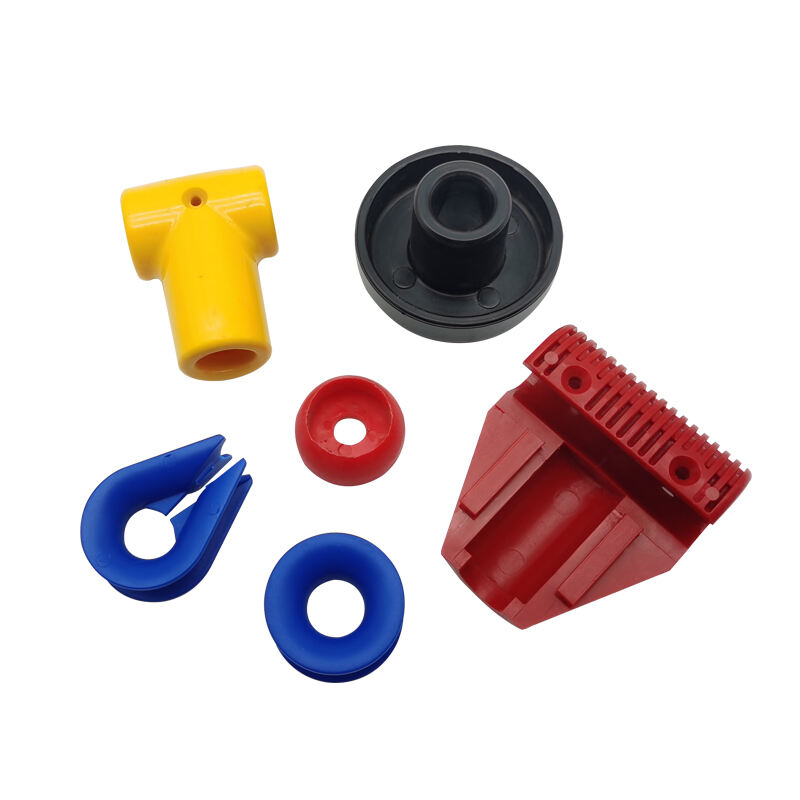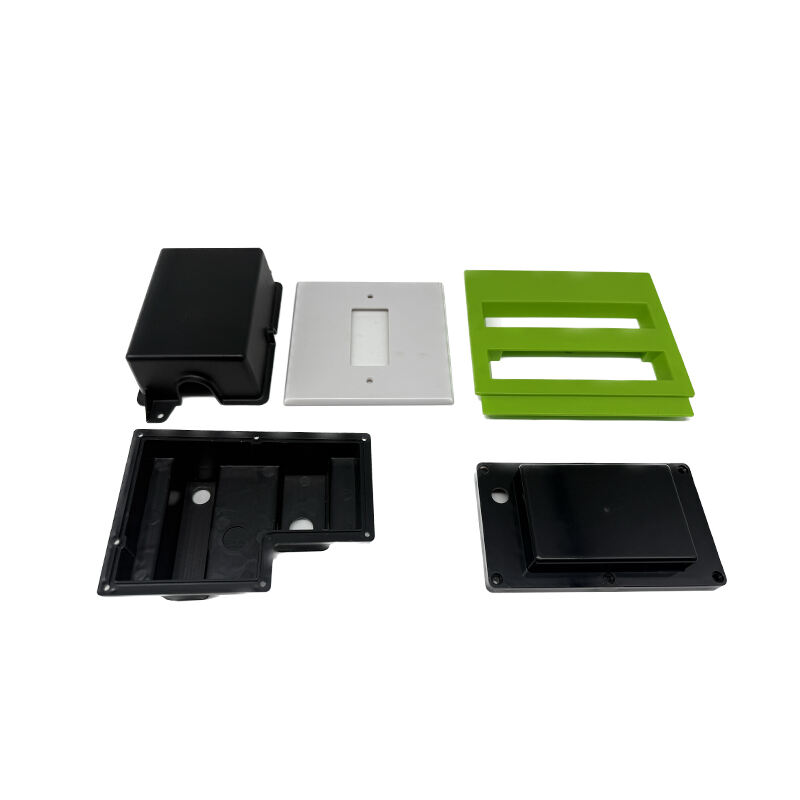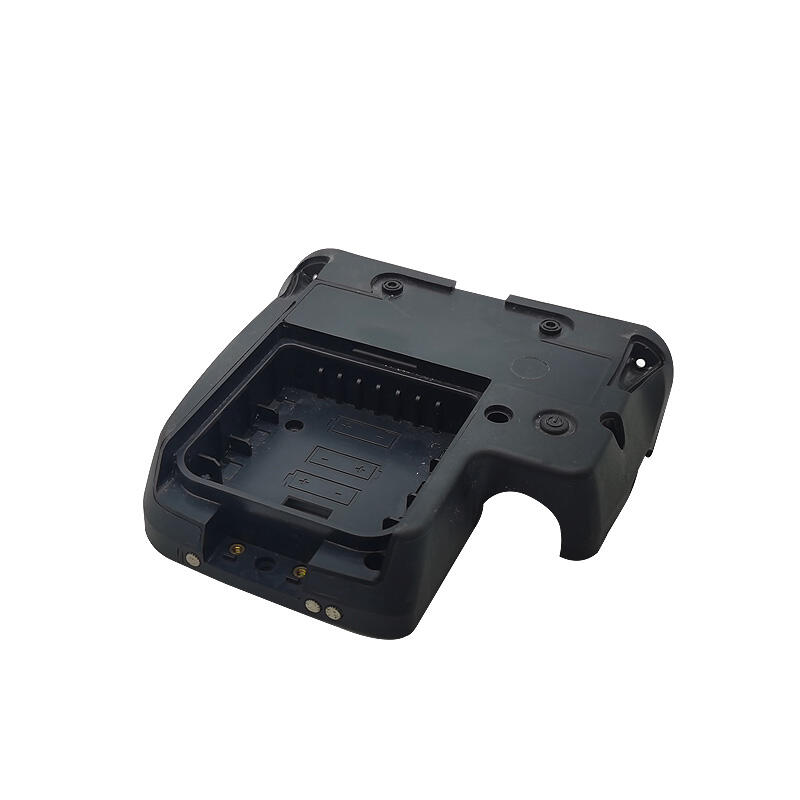plastic parts
Plastic parts represent a cornerstone of modern manufacturing, offering versatile solutions across numerous industries. These components are engineered through advanced injection molding processes, ensuring precise dimensional accuracy and consistent quality. The manufacturing process involves heating thermoplastic materials to their melting point, injecting them into custom-designed molds, and allowing them to cool and solidify into specific shapes. These parts can be produced using various materials, including ABS, polypropylene, polyethylene, and engineering-grade plastics, each selected based on specific application requirements. The technology behind plastic parts manufacturing has evolved significantly, incorporating computer-aided design (CAD) and automated quality control systems to maintain exceptional standards. These components serve critical functions in automotive, consumer electronics, medical devices, and industrial equipment. Their applications range from structural supports and protective housings to intricate mechanical components. Modern plastic parts often feature integrated assembly features, such as snap-fits and living hinges, reducing the need for additional fasteners and simplifying assembly processes.


